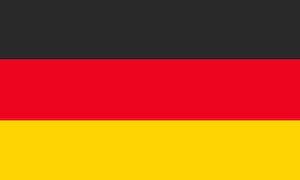The German gambling regulator says it “firmly rejects” criticisms of its approach to data collection on the black market.

The GGL’s statement on Tuesday came after a study claimed that almost 50 per cent of gaming activity in Germany took place through unregulated methods.
The German Online Casino Association and the German Sports Betting Association, which jointly commissioned the University of Leipzig study, have called on the GGL to urgently review its current regulatory landscape and introduce a reworked tax model to collect more revenue from gaming activities.
The study said almost 30 per cent of black market traffic was to unregulated EU providers and that almost 20 per cent went to offshore operators not regulated by the GGL.
In response, the GGL said it estimates there are currently between 800 and 900 websites with illegal online gaming offers.
It said this figure represents between €300m and €500m of market volume and between two per cent and four per cent of market share.
GGL eyes better industry collaboration
The GGL said that while it is “open to new or further developed approaches” to sourcing gaming industry statistics, it “firmly rejects the industry's criticism that the GGL's approach to collecting data from the illegal online gambling market is based on a static model that does not take market changes into account.”
“Collecting data on illegal online gambling is very complex because the black market is constantly changing,” the regulator added.
“Regardless of the data collection model, it is an estimate and a snapshot. A regulatory authority will always assess the data situation conservatively, while the gaming industry tends to assess the competitive situation due to the illegal market as greater.”
The GGL said it is in “close contact” with the industry to reach a “uniform understanding” on the black market, after the DOCV and the DSWV called for better collaboration between the regulator and industry stakeholders.

